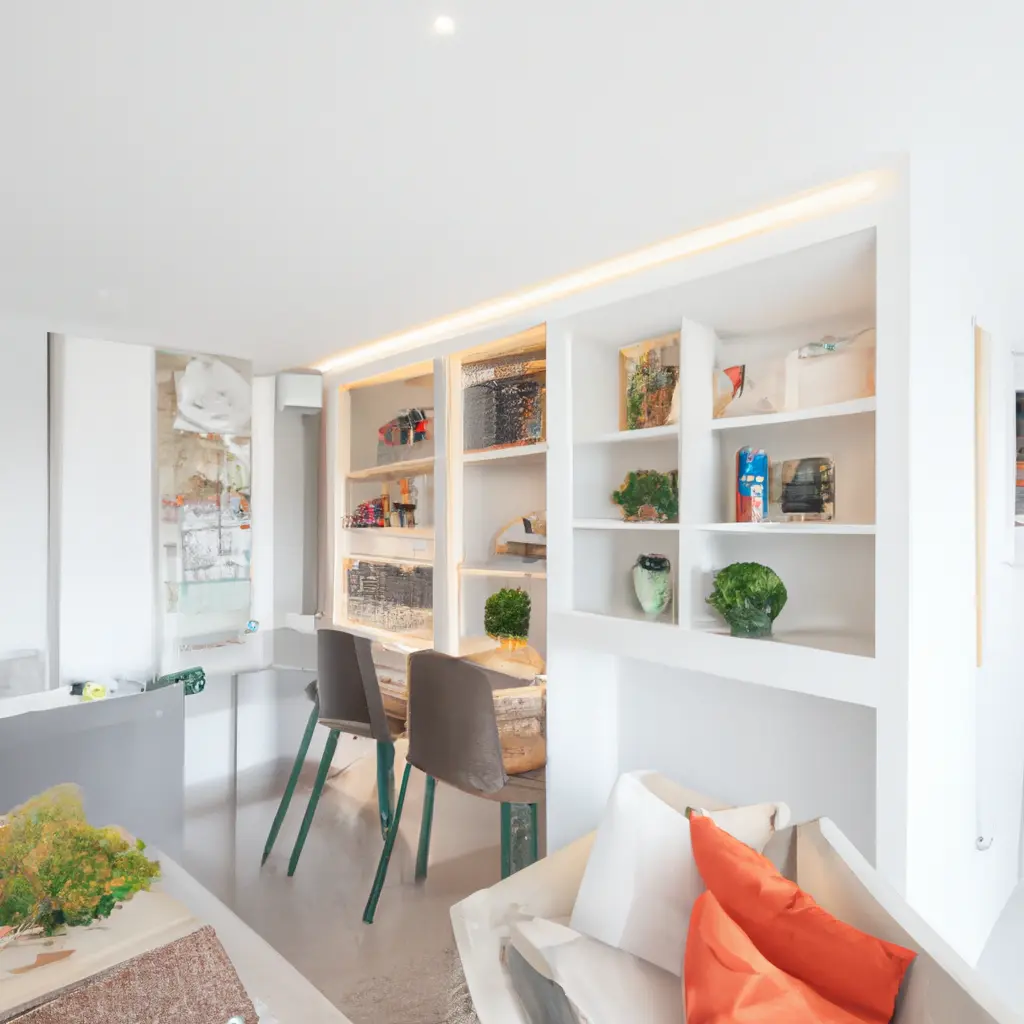Converting offices and stores into residential buildings: has it become a trend in Portugal?

Portugal is facing a serious housing challenge due to a lack of supply with high demand accompanied by rising house prices at a time of declining purchasing power, rising inflation and rising interest rates. To cope with this challenge, the market is developing various solutions. One of them is the conversion of buildings used for commercial and service purposes into residential units. Inspired by other countries where the transformation of stores, warehouses and offices into housing has become a "fashion", in particular to combat the problem of a shortage of residential real estate on the market, players in the Portuguese market are following suit. Nevertheless, this process can be complex and carry risks (along with benefits). In this context, can we consider "residential" conversion of this type of real estate already a common practice/trend in Portugal that can succeed? To better understand this topic, idealista/news interviewed various real estate professionals in anticipation of the new Housing Law that the government promises to adopt to ensure affordable housing.
Return to change of assignment
The return of the shift in assignment has indeed become a hot topic in recent years, and according to experts, there are several factors that explain its resurgence: the serious problem of housing shortage in the national housing market, the incessant rise in home prices and the possibility of buying such properties at a lower price; more and more stores and warehouses remain empty due to the rise of e-commerce; in the case of offices, there is a similar situation, as more and more spaces are now being sought, many of which were left vacant after the pandemic due to the p
A trend in Portugal? Yes or no?
According to some market players, the change of use of commercial real estate to residential is already a reality in Portugal. Gonçalo Santos, Head of Capital Markets at JLL Portugal, explains that "the big wave of urban renovation investments that has taken place in the last 10 years has included the conversion of small office buildings into residential projects", mainly for the mid- to high-end segment, "where future unit prices are selling for much higher than office unit prices, even taking into account the necessary renovation costs". According to this specialist, new requirements for office utilization, "more modern spaces, larger open-space style areas and new sustainability requirements", are leading to the fact that these two trends are now combining. Mariana Represas, senior capital markets consultant at Savills Portugal, shares this view. According to her view, the conversion of service properties into residential units "has become the backbone of new developments in urban centers." An example of this is, she says, "more than 100,000 square meters of office space that we estimate to have been converted into alternative uses, mainly for residential properties and hospitality." According to Alfredo Valente, CEO of iad Portugal, "to say that this is a trend may be an exaggeration", but he confirms that it is already "a frequent reality". Joao Carvalho, co-founder of MELOM, is in the same situation. According to s
Changing the purpose of real estate: a possible but costly process
In order for a property to be legally used for residential purposes - be it for your own home, long term rental or short term accommodation - you must go through the process of changing your residential real estate license. In an article prepared for idealista/news, Belzuz Abogados explains in detail everything that needs to be done to start such a process and can be read here.
A solution to the housing shortage?
Converting tertiary real estate into housing may be tempting because of the price and lack of supply. But is it really an alternative? According to Gonçalo Santos, it "could be one solution to increase supply in the residential market." However, he notes that "in light of the gap between the volume of demand and current supply, this measure is clearly insufficient, as the number of square meters of offices that can be converted into housing is not of the necessary scale unless it is complemented by additional measures, including encouraging construction for the most needy groups, such as the middle or middle-low class." "The concentration of commercial real estate is concentrated in urban centers and at the moment, thanks to excellent occupancy rates, we are seeing rental growth, especially in the office segment. On the other hand, as far as residential productivity is concerned, it is expected to be affected by inflation and rising interest rates, except in the higher segments. Thus, given the increase in construction costs, the revenues generated by these transformations may not be as favorable as in the past", adds Mariana Represas. Mariana Morgado Pedroso does not believe that this is a perfect solution, as, in fact, she says that there is also a lack of supply of office assets on the market. She also recalls that vacant assets "are usually not very attractive to the general public". "We are talking about a mag
Real estate offer with potential for conversion
According to experts, some types of real estate have greater potential for conversion to residential use. For example, small office buildings in city centers, as well as stores and warehouses on the first floors of buildings can be more easily converted. However, it is necessary to take into account local master plans and legal requirements to change the purpose of the property.
Comment
Popular Posts
Popular Offers

Subscribe to the newsletter from Hatamatata.com!
Subscribe to the newsletter from Hatamatata.com!
I agree to the processing of personal data and confidentiality rules of Hatamatata














